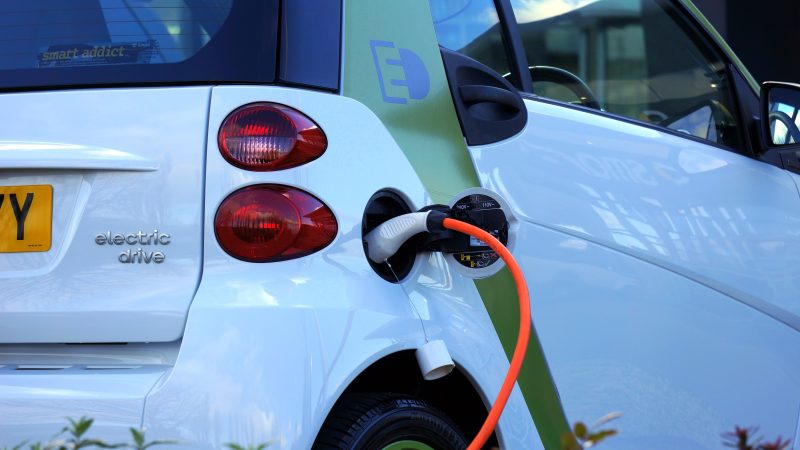
Electric Vehicle Charging
in Everything "Green",Mill Meadow Updates
Given our commitment to Eco technology & practice both in our lodges and the running of Mill Meadow we have been delighted to see an increase in electric vehicles amongst our guests and have been happy to accommodate guests with access to 13 amp charging points at the lodges where we can, until now that is!
Sounds simple, however one thing we know is that life is never that simple and a recent communication from our insurers has highlighted that our cover may not be valid where non specialised and professionally installed charging points are not in place:
“Electric Car Charging Points:
Whilst there is no endorsement in place regards car charging, if you were to allow guests to charge their car through a lodge as opposed to a charging point fitted according to manufacturer’s specifications and guidelines this would not be considered advisable.
In the event of a claim, insurers may take the view that allowing guests to do this is not safeguarding the property, and in deed without being done correctly could put the property at risk. In addition, there is the added concern regards a guest / employee falling over any cables if not done properly.”
To be fair to our insurers we have now determined that there are very good technical reasons not to use a 13 AMP plug:
Can’t Guests Just Charge From the accommodation Domestic Supply?
Most EVs are supplied with a cable with a three-pin 13 Amp plug (often known as a “granny charger”), which will plug into a domestic socket. A regular three-pin plug will draw a maximum charge of 3kW, which will add about 10 miles of range per hour of charging. Which is fine in theory if your guests just need a top-up after local journeys but is unlikely to give a full charge overnight.
However, a proper charging point will have safety features and protections built in, and have a lower risk of fire and electric shock than using a domestic socket.
Using an extension cable is definitely not recommended, as it increases the risk of fire.
Why is it dangerous and why might it invalidate your insurance?
The technical and legal answer….. The wiring regs (BS7671) have a very specific section in an amendment they made in February 2020 regarding sockets that may be used for EV chargers.
They must have one of:
- an earth rod mesh
- an earth rod network
- or an earth rod that has an extremely low impedance
They must meet the following requirements:
- They must not be connected to the PME (Protected Multiple Earthing) system that will be in place in most properties
- You must ensure a voltage of less than 70V rms between the vehicle and the ground.
- It needs be a specific type of socket that allows the full 13A to be drawn with no damage, perhaps over a prolonged period of time, (so not a standard 13-amp socket and one that has EV stamped on the back).
- You should never use a standard 13-amp socket as they are not rated for EV Charging.
- This socket must be marked as an EV socket.
- Each EV connection must have its own RCD-DD device which would disconnect the live, neutral and earth conductors from the vehicle in the event of a fault.
Without such safety protocols being in place the body of the car could become live at any point, a normal 13A socket could catch fire, especially if that socket is close to a window and is in proximity to soft furnishings or curtains.
Information by courtesy of PASC UK (THE PROFESSIONAL ASSOCIATION OF SELF CATERERS UK)
So in the short term we are obliged to withdraw access to EV charging but thankfully we are already working on the installation of specialised charging points.
So we will get there, EVentually but in the meantime click here for local charging points.
Chris Heayns
General Manager
18.5.22
UPDATE – 22.7.22 – Its here our first ZAPPI EV CHARGING STATION is in place.
UPDATE – 28.6.22
At last we have ordered our first charge point and are waiting for clearance from the local electric supplier and a final installation date.
The EV charging point will be accessible to all with a designated parking space. Current economic conditions mean that we will have to charge guests who make use of the charger but we will keep any charges as reasonable as possible.
More to follow.

 Thanks for visiting!
Thanks for visiting!